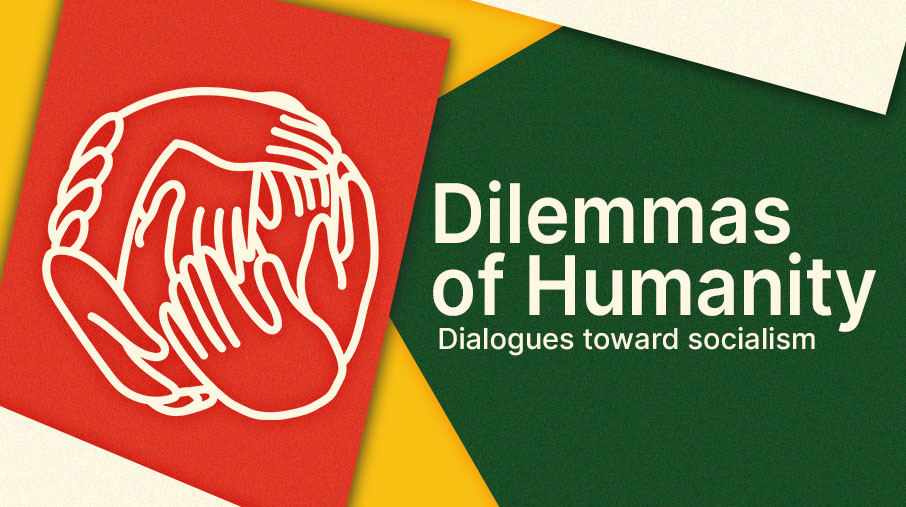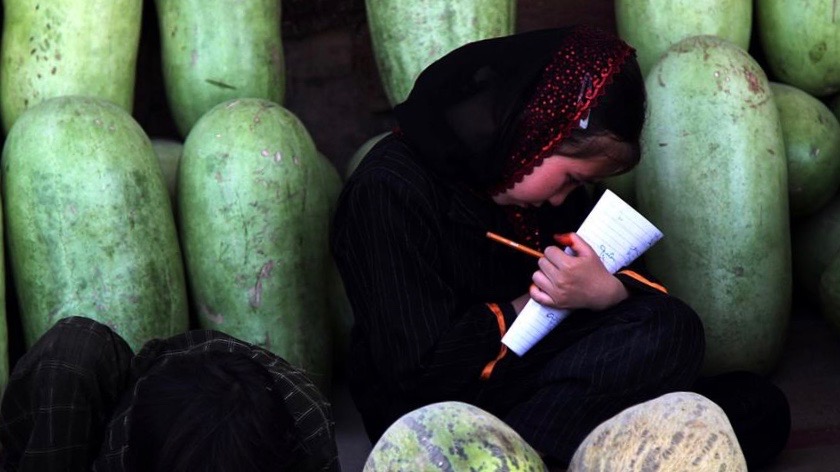 As UN ‘reviews’ its presence in Afghanistan, its people continue to suffer from growing hunger and poverty
As UN ‘reviews’ its presence in Afghanistan, its people continue to suffer from growing hunger and poverty
The ‘Afghanistan Socio-Economic Outlook 2023’ report released by the United Nations Development Program (UNDP) on Tuesday, April 18, highlights the impact of cuts in international aid to Afghanistan since the Taliban took over power in the country
 Taliban bans women from working with the UN in Afghanistan
Taliban bans women from working with the UN in Afghanistan
The latest restrictions are being viewed as an extension of the Taliban’s December 2022 directive banning women from working in NGOs. The UN said it is being forced to make an appalling choice between staying and delivering in support of the Afghan people and standing by the norms and principles we are duty-bound to uphold
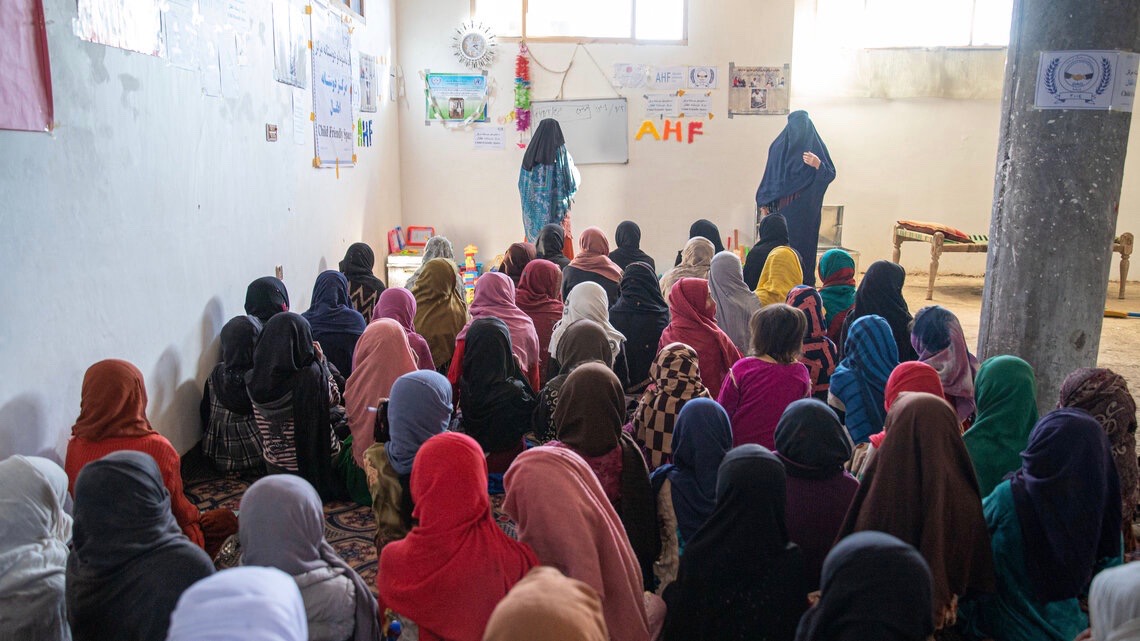 UN agencies say work will have to be partially halted in Afghanistan due to ban on women employees
UN agencies say work will have to be partially halted in Afghanistan due to ban on women employees
After banning women from attending universities and other higher educational institutions, the Taliban government in Afghanistan has also banned NGOs from employing women staff
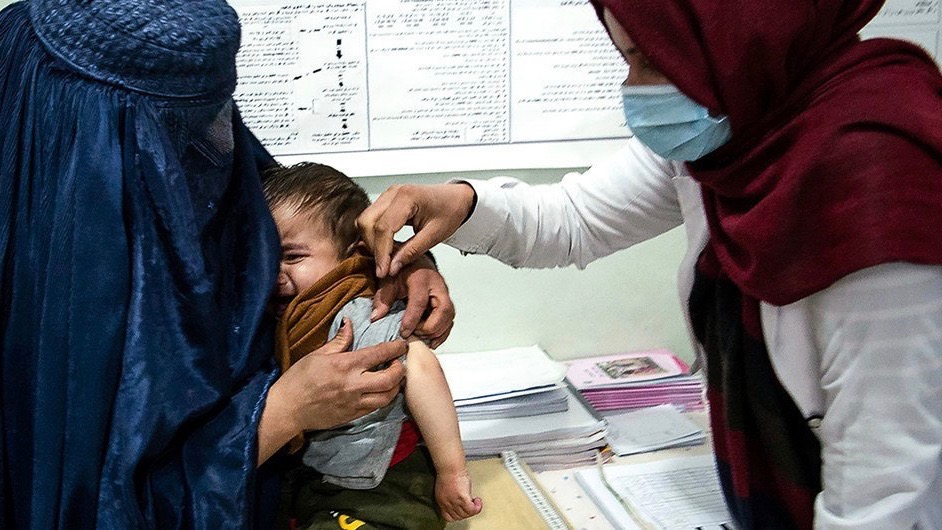 Several NGOs suspend work in Afghanistan following Taliban order banning female employees
Several NGOs suspend work in Afghanistan following Taliban order banning female employees
The Taliban also banned women from attending universities and higher educational institutes last week, inviting widespread protests and condemnation
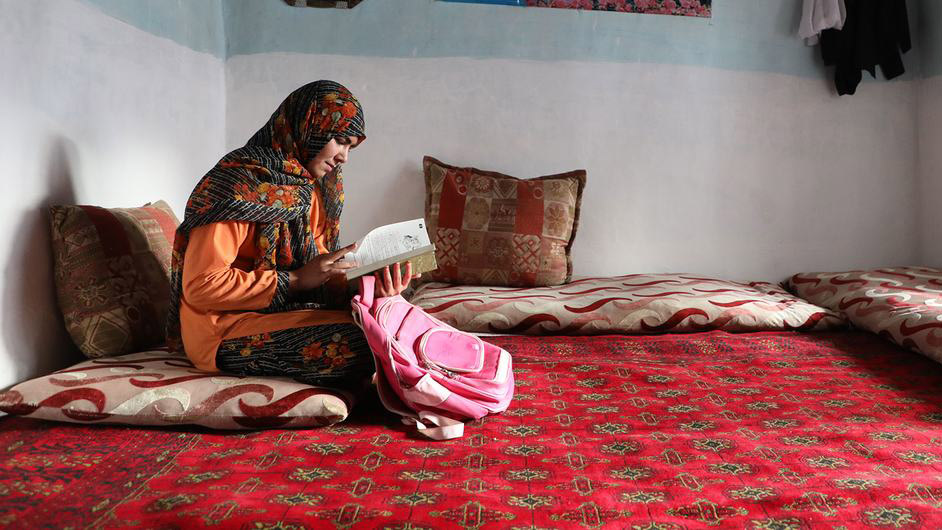 Taliban bans women from attending universities in Afghanistan
Taliban bans women from attending universities in Afghanistan
Girls in Afghanistan have already been barred from secondary schools. Since the Taliban took power last year, they have gradually limited the access of women and girls to public spaces
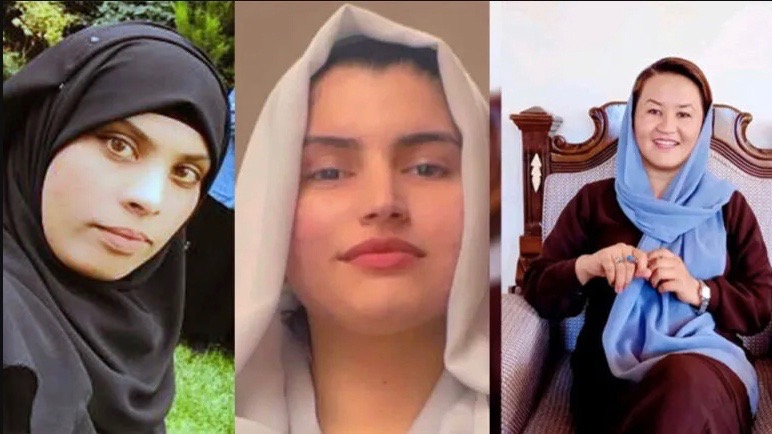 Rights bodies condemn detention of women activists in Afghanistan
Rights bodies condemn detention of women activists in Afghanistan
On November 3, Taliban authorities detained rights defender Zarifa Yaqoobi along with four of her male colleagues during a press conference in Kabul announcing the formation of the “Afghan Women Movement for Equality”
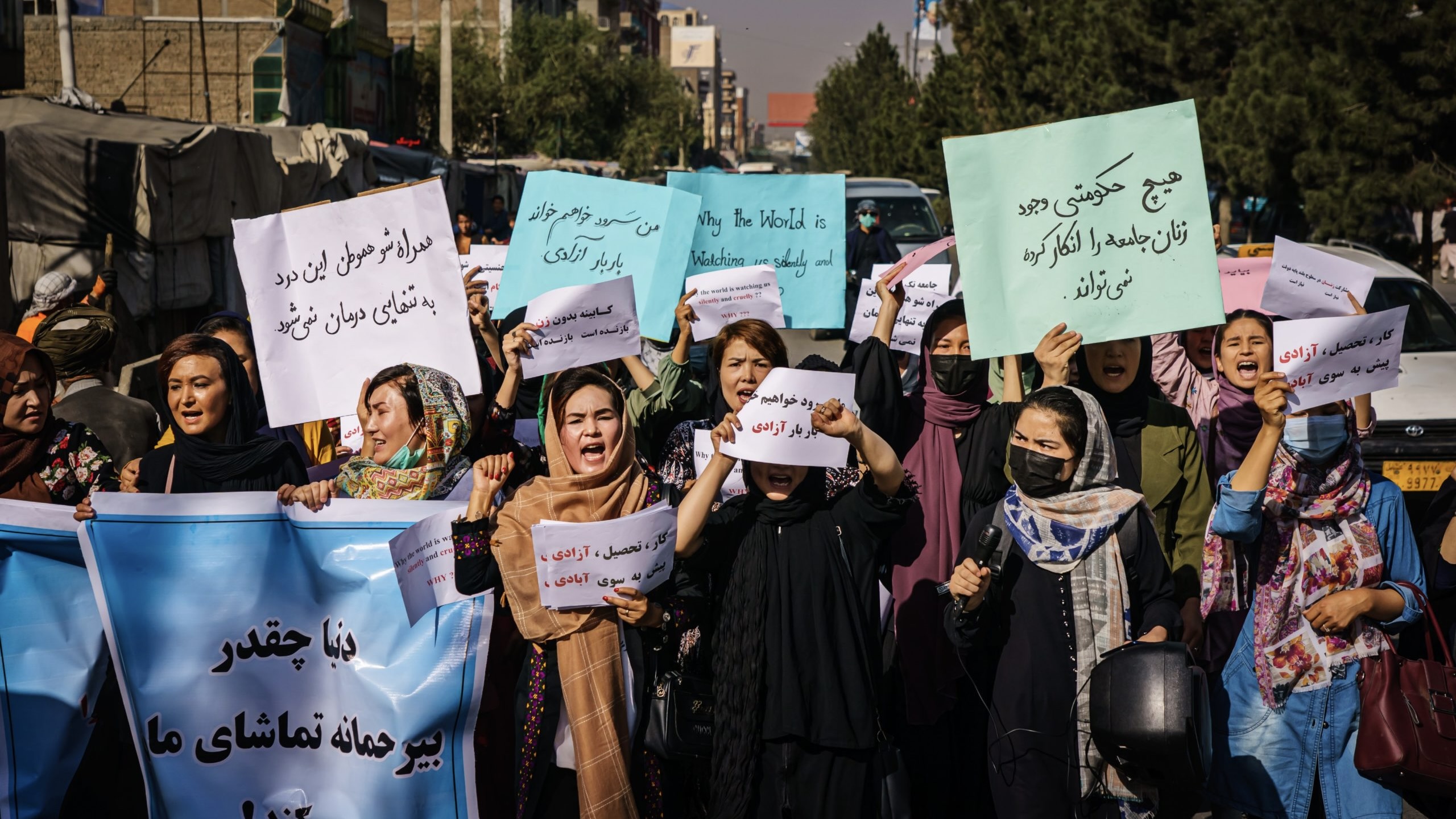 UNAMA report notes large number of casualties and rights violations under Taliban rule
UNAMA report notes large number of casualties and rights violations under Taliban rule
While the security situation in Afghanistan has improved since the Taliban takeover, extremists groups continue to attack vulnerable ethnic and minority groups, resulting in at least 700 deaths between August 2021 to June 2022
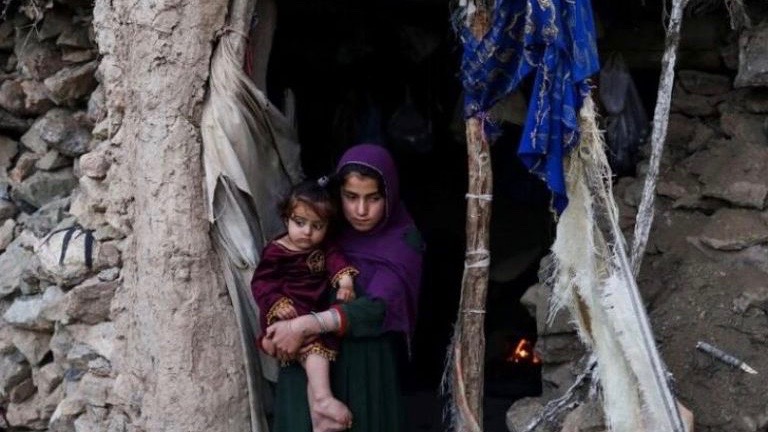 Plight of women in Afghanistan worsened due to US sanctions
Plight of women in Afghanistan worsened due to US sanctions
Economic sanctions by the US and the dress code restrictions imposed by the Taliban regime have only increased the suffering of women and girls in Afghanistan
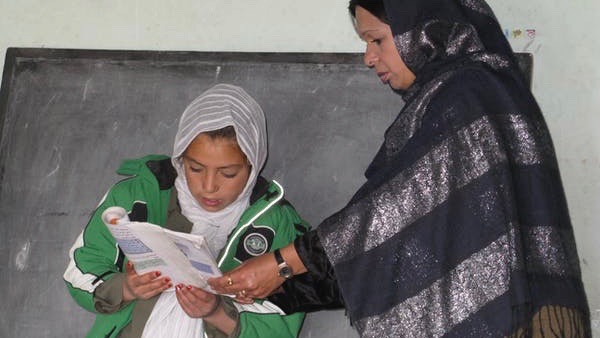 Taliban closes secondary schools for girls in Afghanistan
Taliban closes secondary schools for girls in Afghanistan
A day after secondary schools for girls above 6th grade were set to be open for the first time since August 2021, they were almost immediately closed on March 24 following a decision of the Taliban-led government



